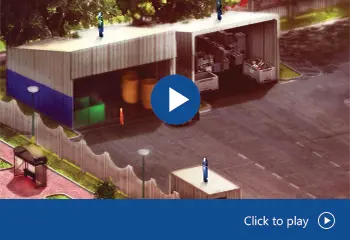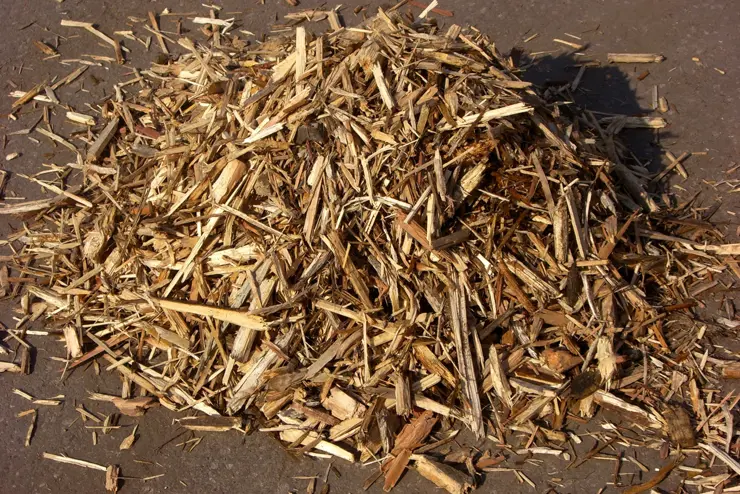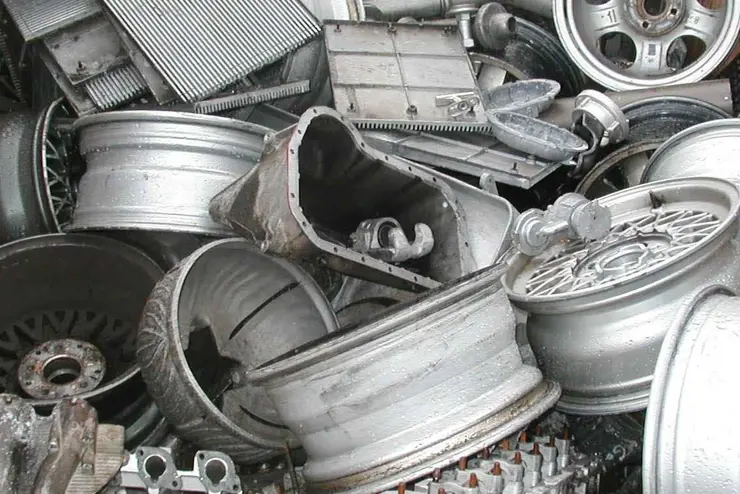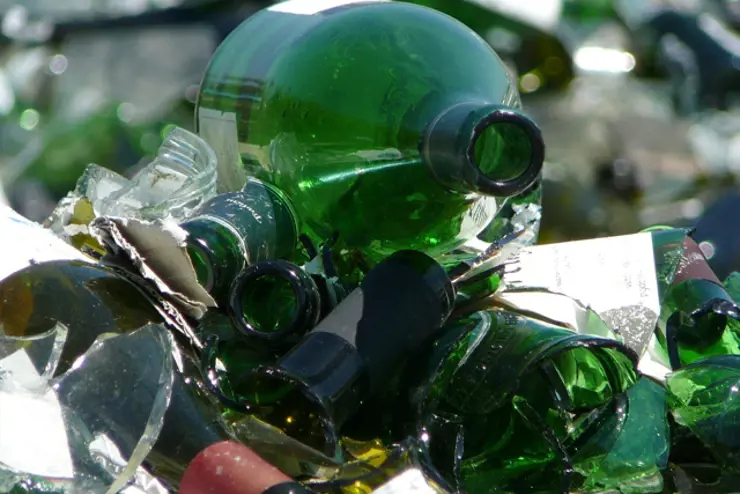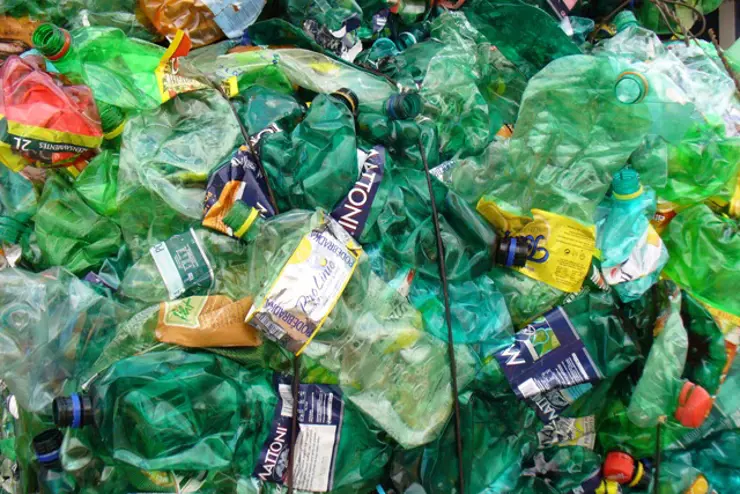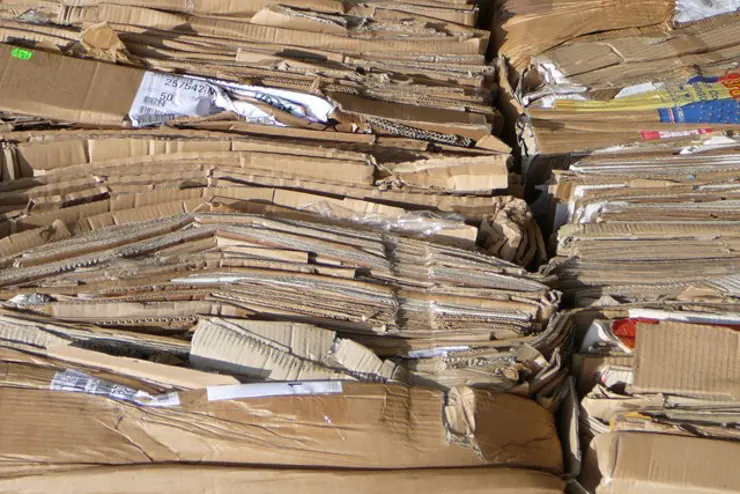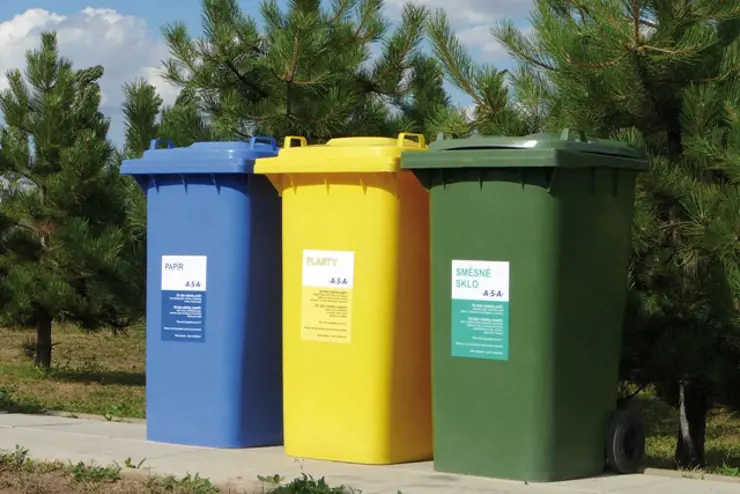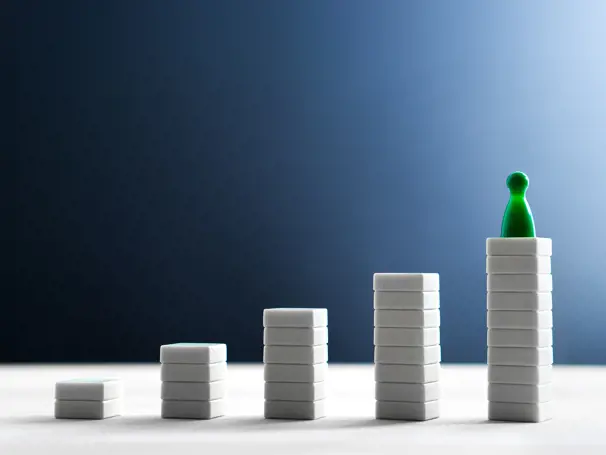FCC Environment does not waste the resources
Today, in the main countries of the FCC Environment CEE, we handle more than 0,67 million tons of secondary raw materials yearly. The biggest part of this quantity is accounted for by used paper and cardboard followed by RDF (refuse-derived fuels), wood, metals, plastics, glass, used oil and solvents and used clothes.
The waste is turned into Resources by a process called Recycling
Recycling means processing used materials (waste) into new products to prevent loss of potentially useful materials, reduce the consumption of fresh raw materials, reduce energy usage, reduce emissions (from incineration) and water pollution (from landfilling) by reducing the need for „conventional“ waste disposal, and lower greenhouse gas emissions as compared to virgin production.
Recycling is a key component of modern waste reduction and is the third component of the „Reduce, Reuse, Recycle“ waste hierarchy. Recyclable materials include many kinds of glass, paper, metal, plastic, textiles, and electronics. Although similar in effect, the composting or other reuse of biodegradable waste – such as food or garden waste – is not typically considered recycling. Materials to be recycled are either brought to a collection centre or picked up from the curbside, then sorted, cleaned, and reprocessed into new materials bound for manufacturing
Collection yards – the place where you can dispose any waste
Collection yards are the fenced, secured premises equipped with containers for waste collection, which does not belong to ordinary bins for mixed waste. FCC Environment CEE operates more than 79 collection yards in 8 countries in Central and South-eastern Europe.
They serve to the citizens to store following kinds of waste:
- Separate waste (used paper, used wood, used clothes, plastics, glass, metals, bio & green waste)
- Hazardous waste (oils, paints, solvents,..)
- Construction waste (materials resulting from the alteration, construction, destruction, rehabilitation or repair of flats, houses & buildings)
- Bulky waste - large volume waste ( from households means old furniture, used carpets, mattresses, sanitary ceramics and other similar type of waste which is simply too big to be collected in small bins or containers used daily from collection of household waste)
- Old tyres
- They serve as well as the take back point for electric and electronic waste (refrigerators, washing machines, radio sets, TVs, computers, heaters, boilers, fluorescent lamps, batteries etc.)

